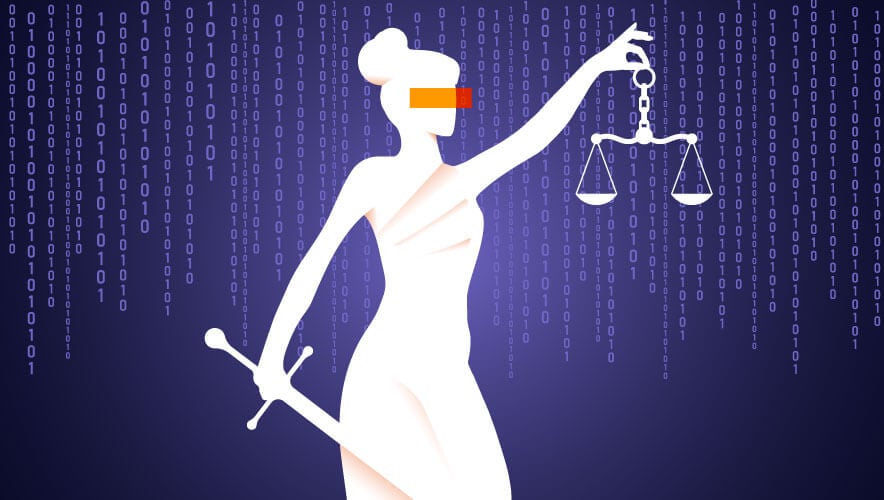Listen to the article
Global Regulations Take Aim at Digital Disinformation
Governments and international organizations worldwide are rapidly developing frameworks to combat the spread of false information online while balancing free speech concerns. As disinformation continues to threaten societal stability and market integrity, corporate security leaders must understand emerging regulations to ensure compliance and prepare for their impact on crisis management, digital risk assessment, and organizational accountability.
The European Union has positioned itself at the forefront of digital content regulation with its Digital Services Act (DSA), enacted in 2022 and fully implemented in 2024. This landmark legislation specifically targets very large online platforms (VLOPs) with more than 45 million EU users, including tech giants like Meta, Google, X (formerly Twitter), and TikTok.
Under the DSA, these platforms face significant new responsibilities, including mandatory annual risk assessments, implementation of robust content moderation systems, and providing transparency about recommendation algorithms that can amplify misleading content. The regulation grants vetted researchers access to platform data to study disinformation patterns. Notably, non-compliance carries severe financial penalties—up to 6 percent of a platform’s global annual revenue, potentially amounting to billions for major tech companies.
In the United States, the approach relies less on binding regulation and more on guidance and collaboration. The Cybersecurity and Infrastructure Security Agency (CISA), operating under the Department of Homeland Security, focuses on disinformation that specifically threatens critical infrastructure, including election systems, healthcare networks, energy grids, and communications.
While lacking direct regulatory authority over private companies, CISA has developed initiatives like the Countering Foreign Influence Task Force and the Rumor Control site, which become particularly active during election cycles. The agency also facilitates public-private collaboration through the Joint Cyber Defense Collaborative (JCDC), providing early warnings about information operations linked to foreign state actors.
Brazil has taken a more stringent legislative approach with its proposed PL 2630/2020 bill, commonly referred to as the “Lei das Fake News” (Fake News Law). This pending legislation would require platforms to verify user identity, maintain records of message transmission, and create accountability mechanisms for content originators.
The Brazilian proposal goes further than many other frameworks by introducing the possibility of criminal penalties for individuals who knowingly spread false content that threatens democratic order or public safety. This has sparked significant controversy, with journalists, technology companies, and civil liberties organizations expressing concern that the law could potentially enable censorship or governmental overreach.
On the international stage, UNESCO is working to establish global standards that harmonize platform regulation while preserving freedom of expression. The organization’s 2023 Guidelines for Regulating Digital Platforms advocate for transparency, due process, and multi-stakeholder governance approaches to disinformation.
UNESCO has placed particular emphasis on media and digital literacy programs, aiming to equip citizens—especially youth and vulnerable populations—with critical thinking skills to identify and resist disinformation. The guidelines also encourage regulatory alignment between countries to prevent legal fragmentation that would allow disinformation to flourish in jurisdictional gaps.
For multinational corporations, this evolving regulatory landscape creates complex compliance challenges. Security leaders must not only track these diverse frameworks but also implement proactive strategies that satisfy the most stringent requirements across their operational footprint.
Industry experts suggest that forward-thinking organizations are already developing robust content verification protocols, implementing crisis communication plans specifically designed to counter disinformation, and training staff to recognize and respond to coordinated influence operations that could target their brands or sectors.
As regulations continue to evolve, the tension between combating harmful disinformation and protecting free expression remains a central challenge for policymakers, platforms, and security professionals alike.
Verify This Yourself
Use these professional tools to fact-check and investigate claims independently
Reverse Image Search
Check if this image has been used elsewhere or in different contexts
Ask Our AI About This Claim
Get instant answers with web-powered AI analysis
Related Fact-Checks
See what other fact-checkers have said about similar claims
Want More Verification Tools?
Access our full suite of professional disinformation monitoring and investigation tools




10 Comments
This is an important step in the fight against online disinformation. Regulations like the EU’s Digital Services Act will force big tech to be more transparent and accountable for the spread of misleading content on their platforms.
Agreed. Providing researchers with data access is crucial to understanding the scale and impact of digital misinformation.
As an investor, I’m glad to see governments taking action to address the market risks posed by the proliferation of online falsehoods. Transparency around platform algorithms is a welcome development.
Agreed. Disinformation can have serious consequences for investor decision-making and market stability.
Curious to see how the implementation of these new guidelines will balance free speech concerns. Content moderation is a tricky balance to strike.
That’s a good point. Regulators will need to be very careful not to overstep and infringe on legitimate free expression.
These new regulations seem to put a lot of responsibility on the tech giants. Will they have the resources and incentives to truly comply, or will they find ways around the rules?
That’s a valid concern. Enforcement and penalties will be key to ensuring these platforms take the regulations seriously.
While I support efforts to combat online misinformation, I worry about the potential for over-censorship. We must be vigilant to protect legitimate free speech and public discourse.
That’s an important consideration. The line between combating disinformation and infringing on free expression is a delicate one.